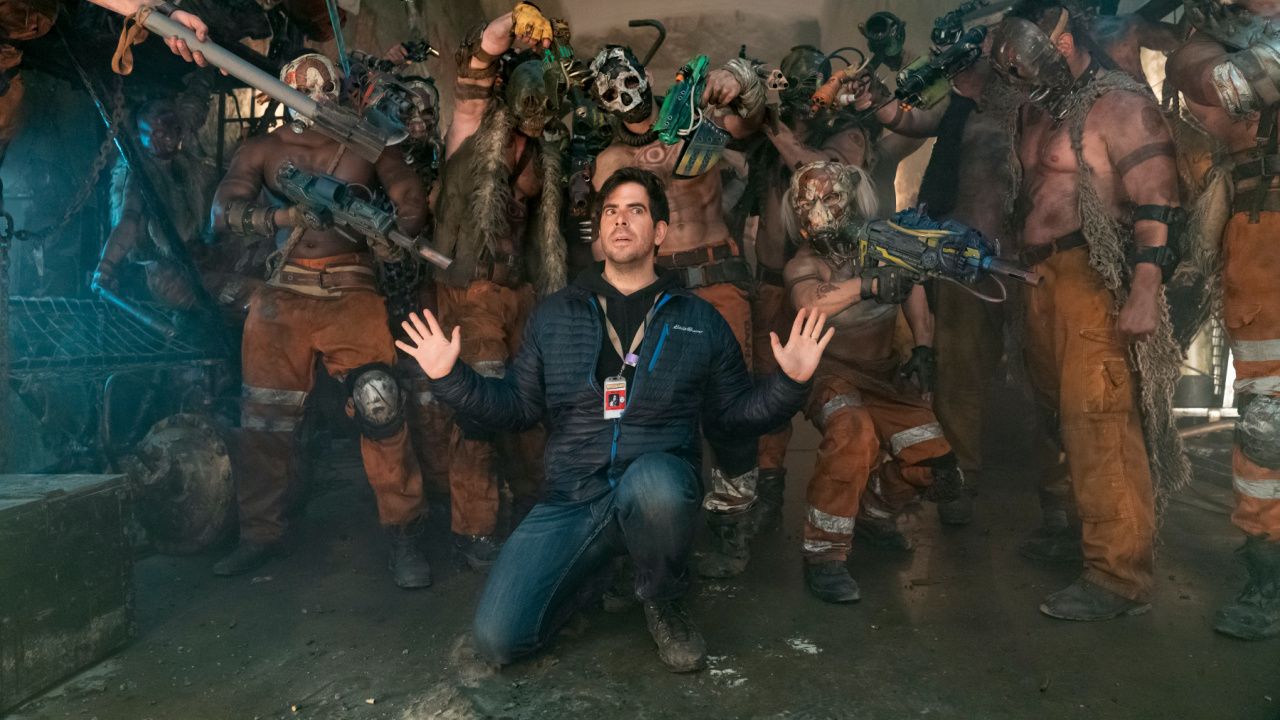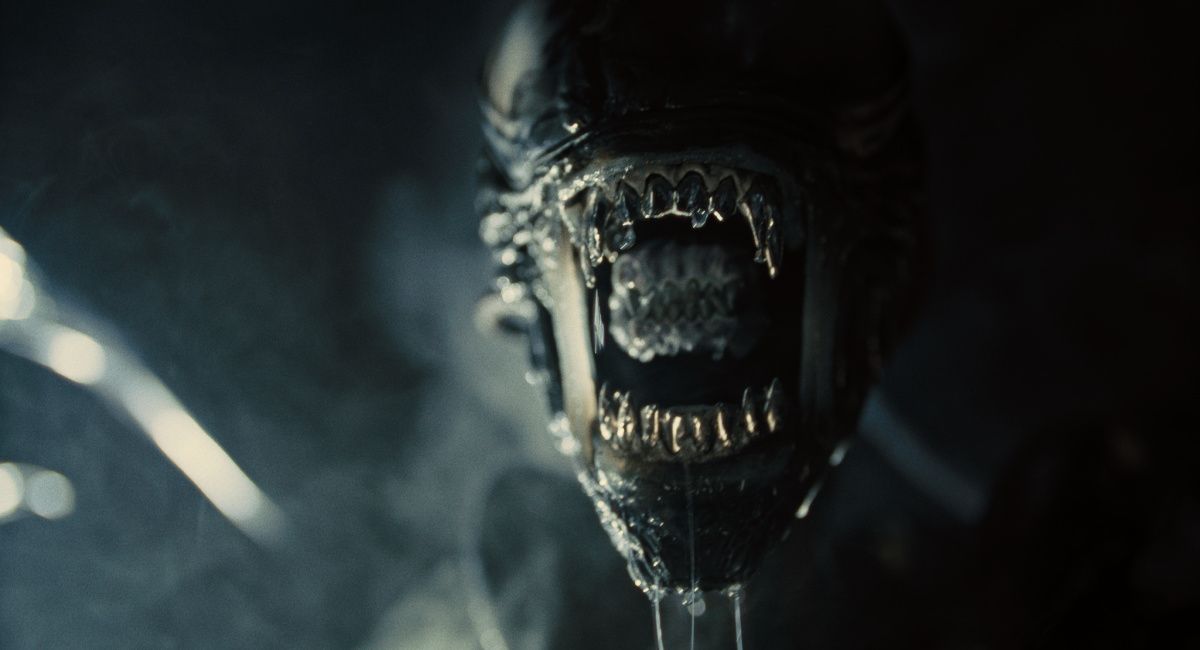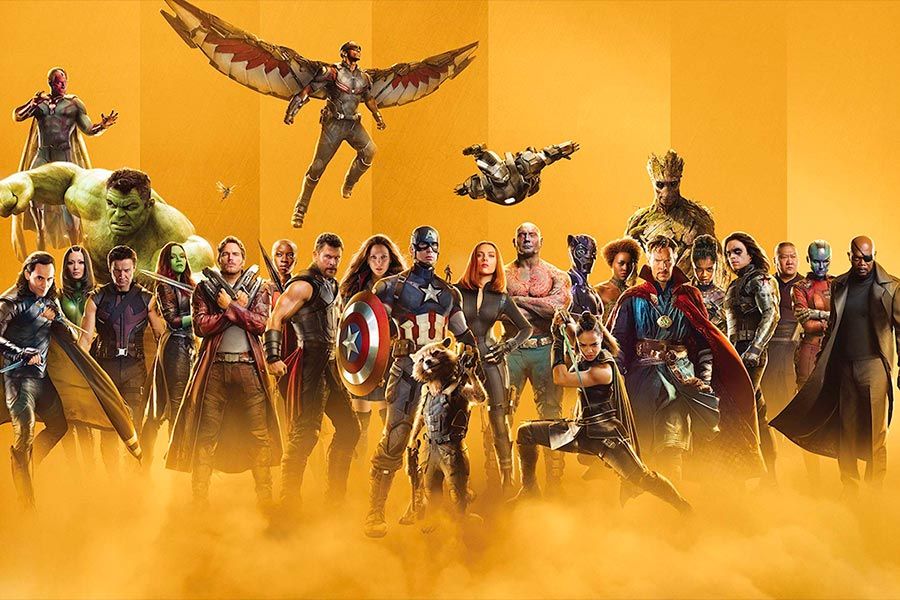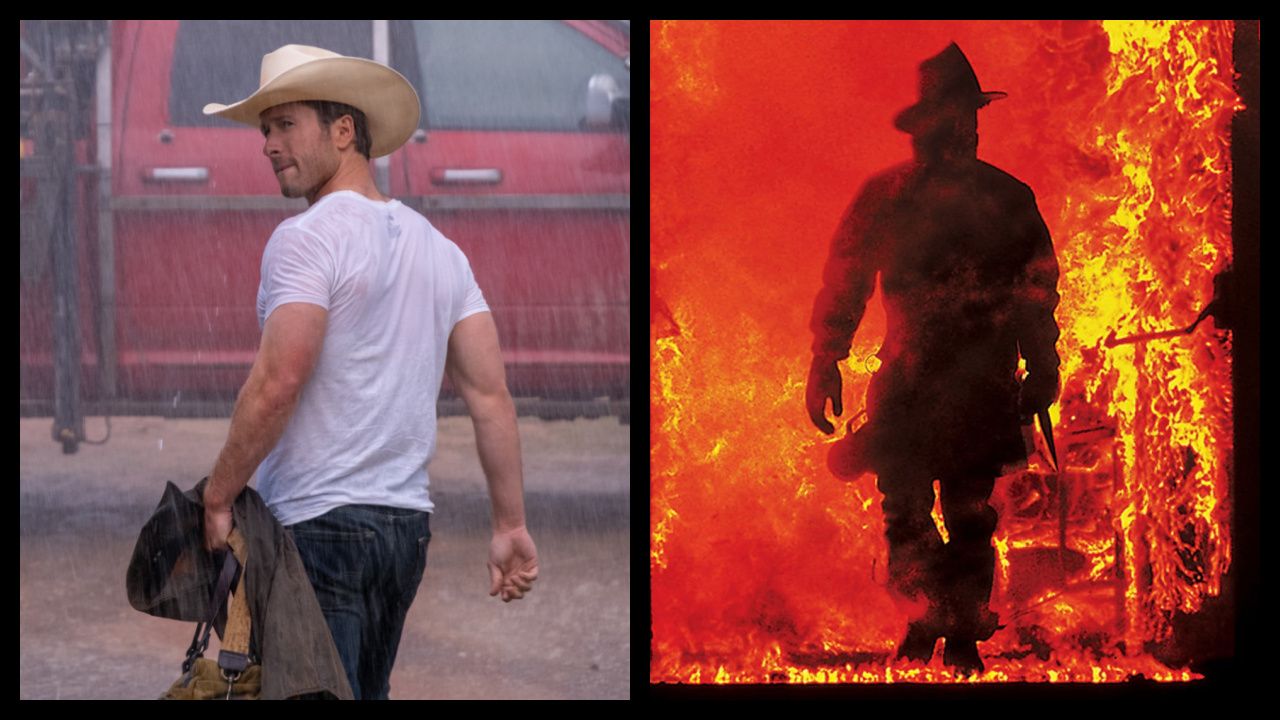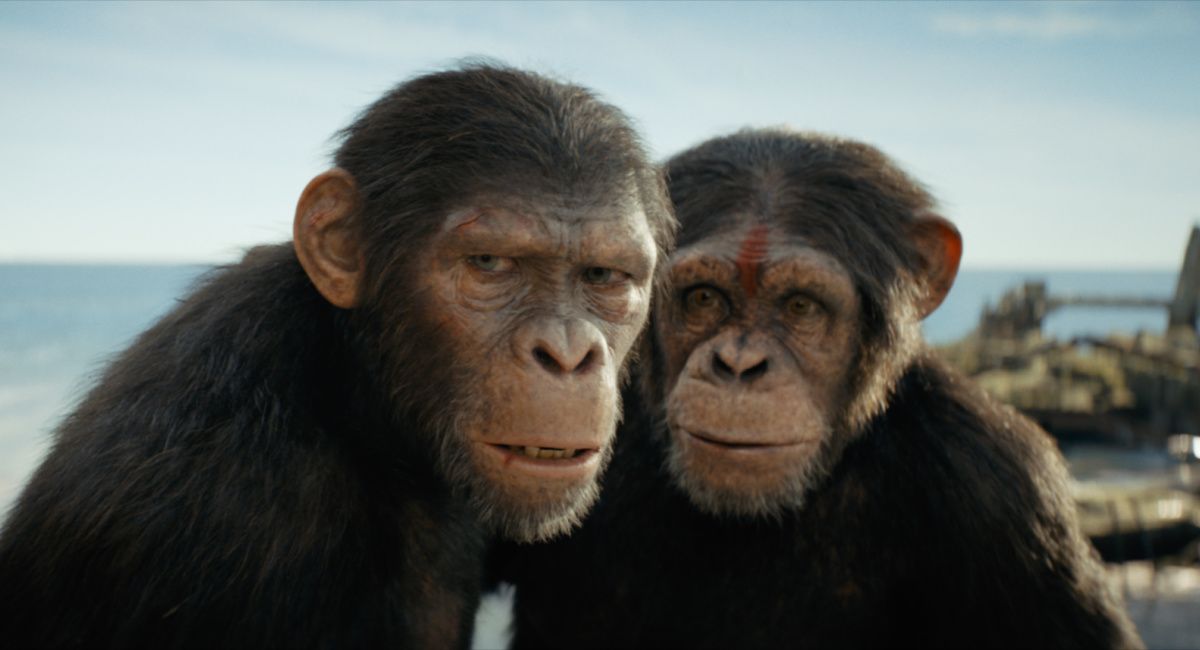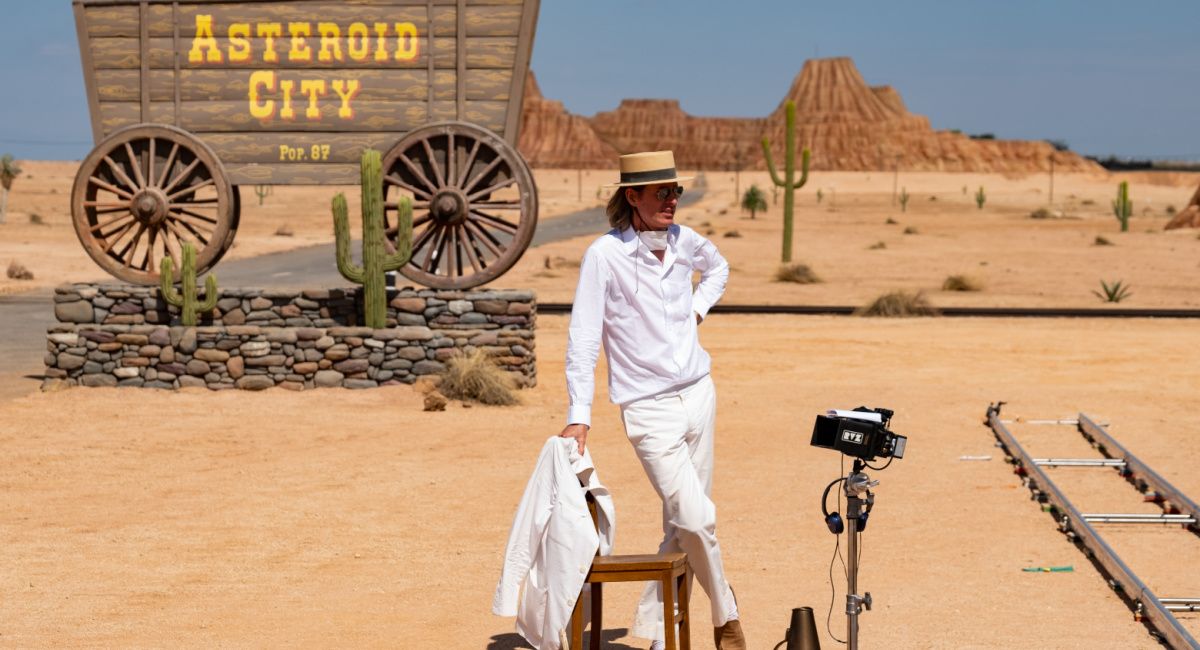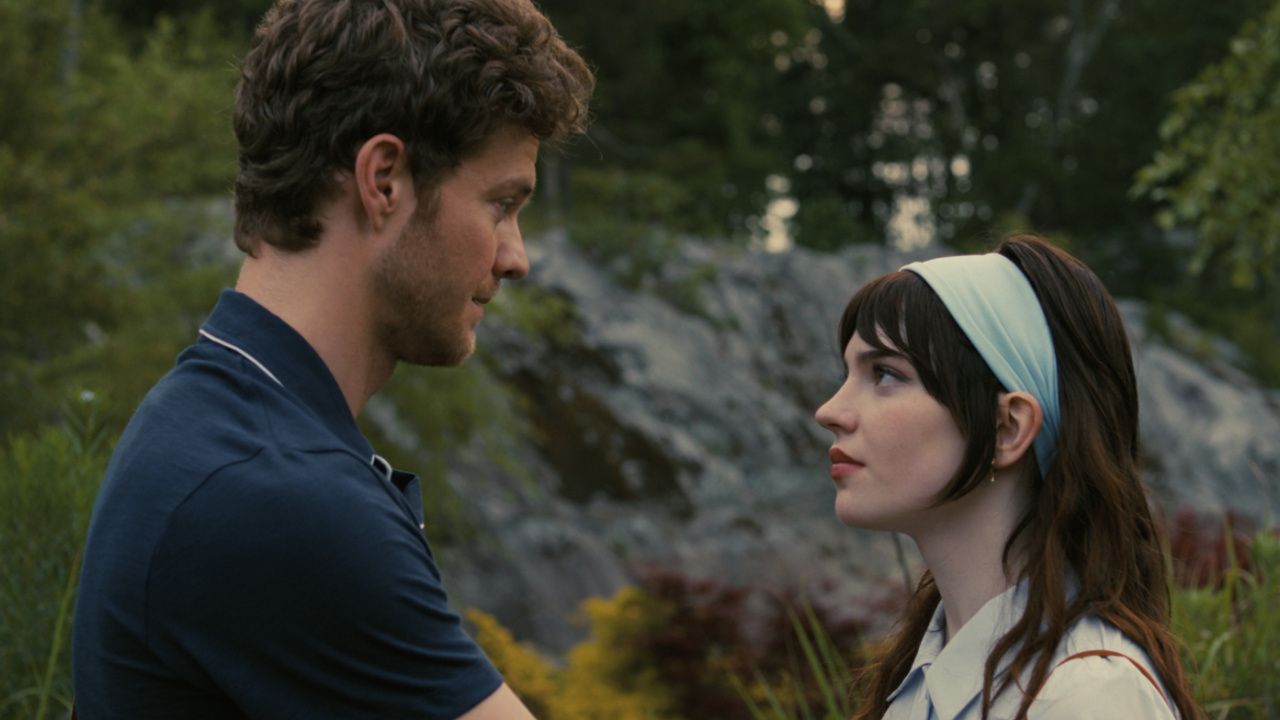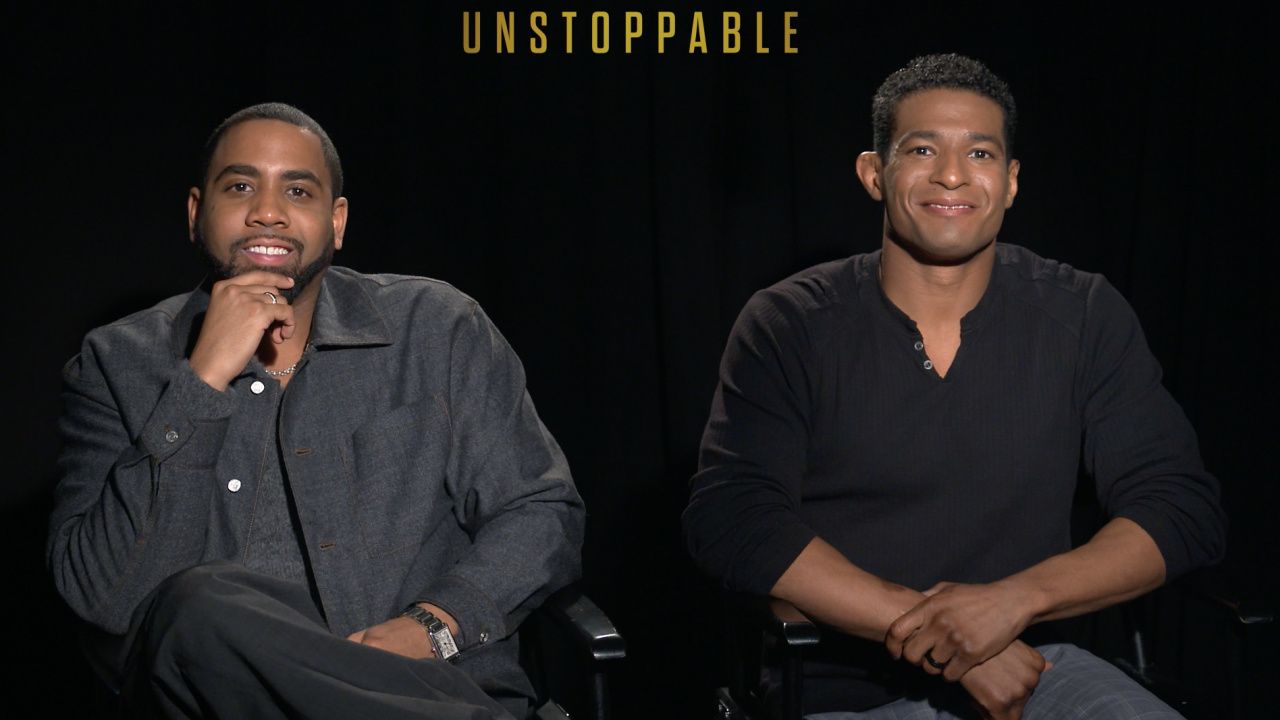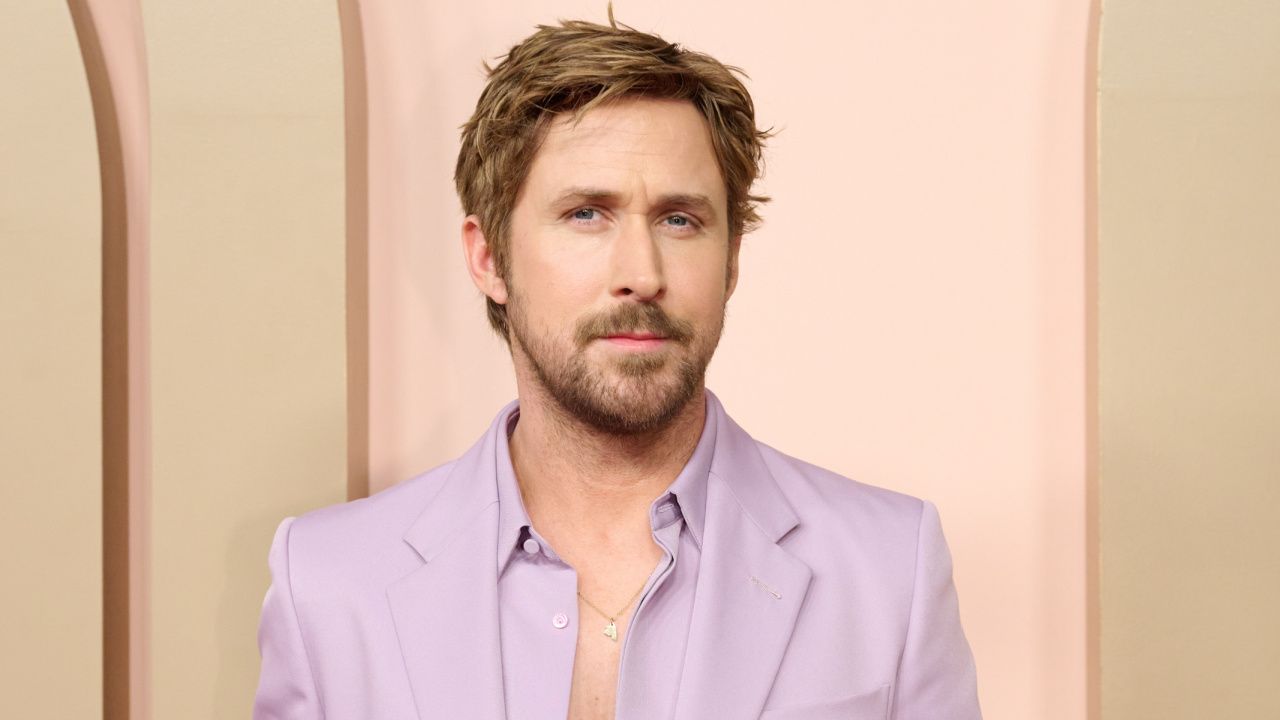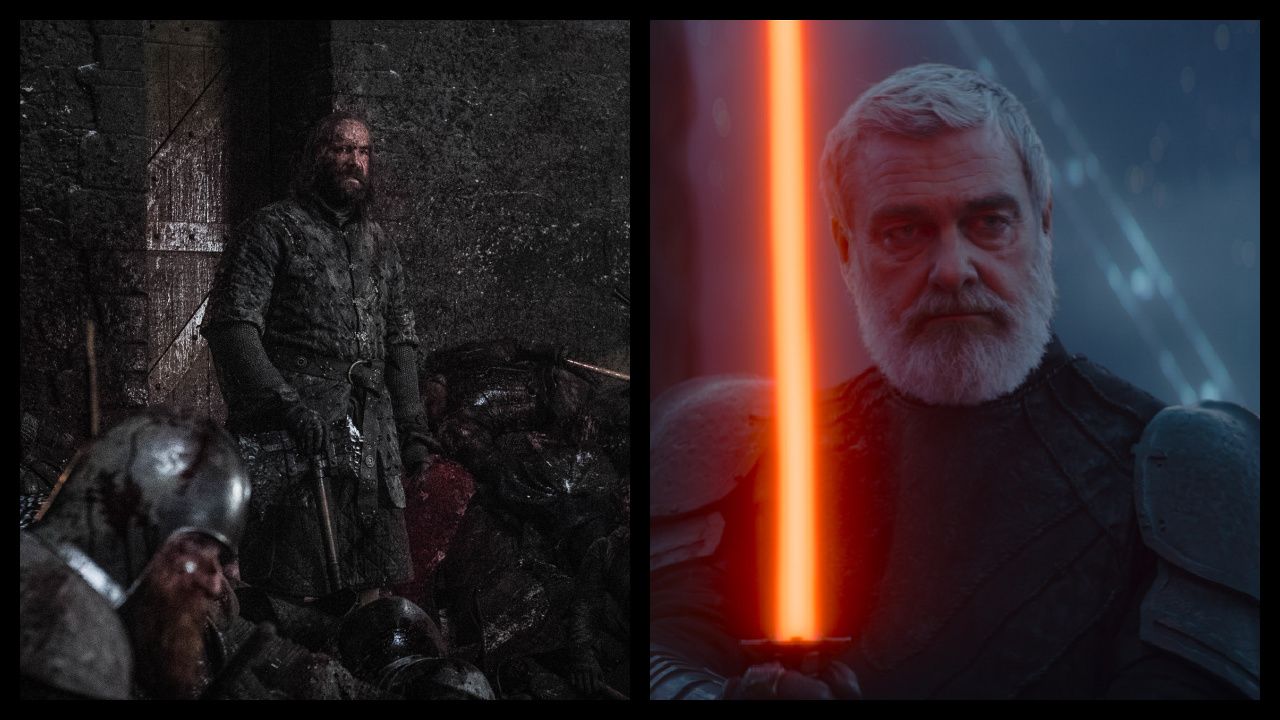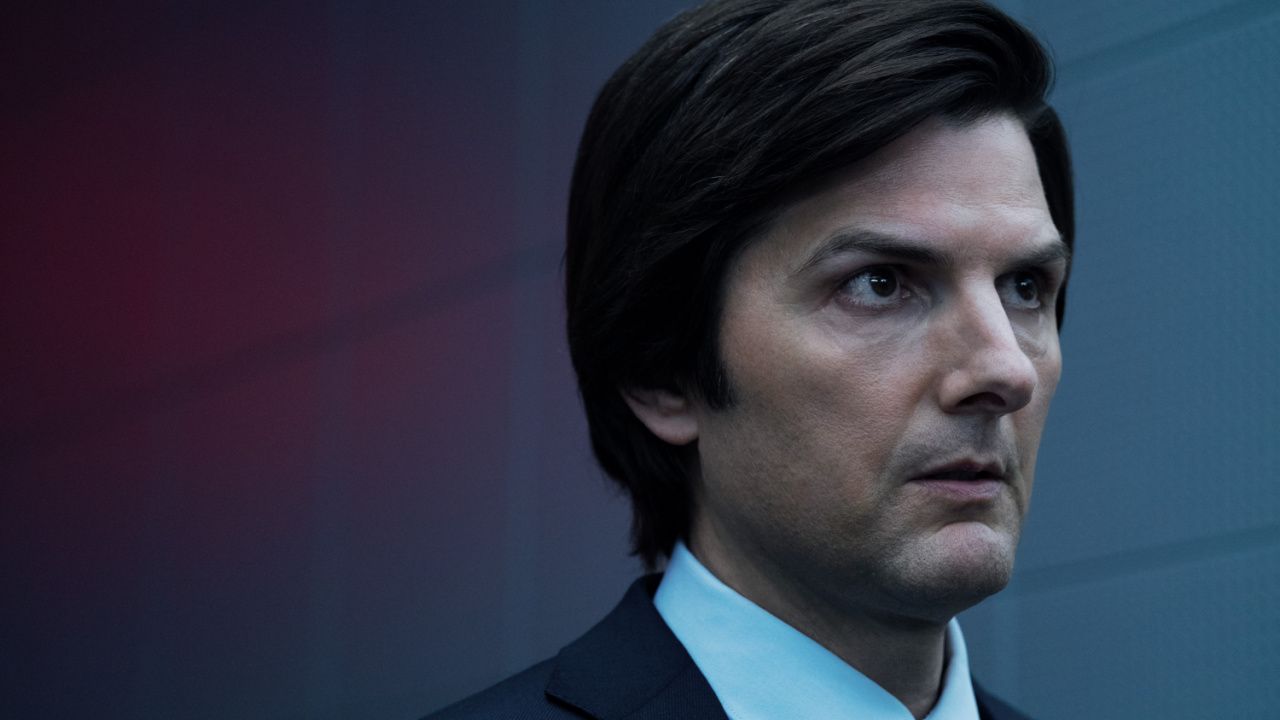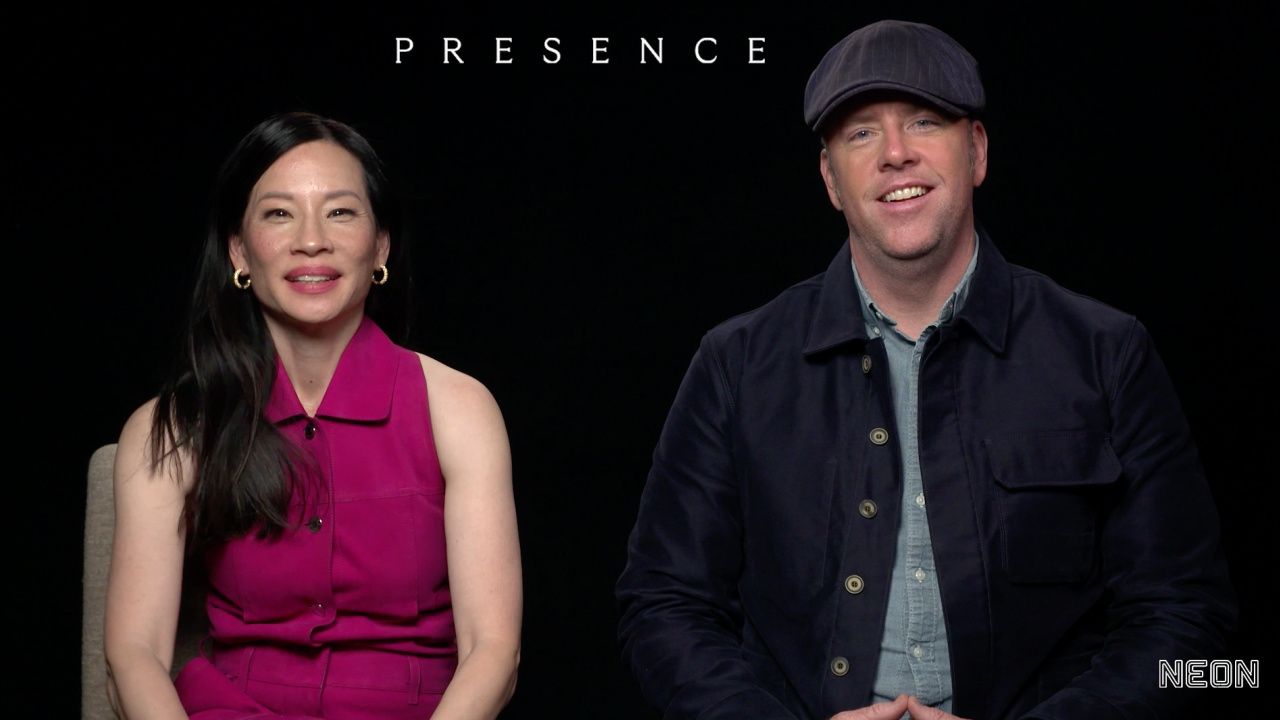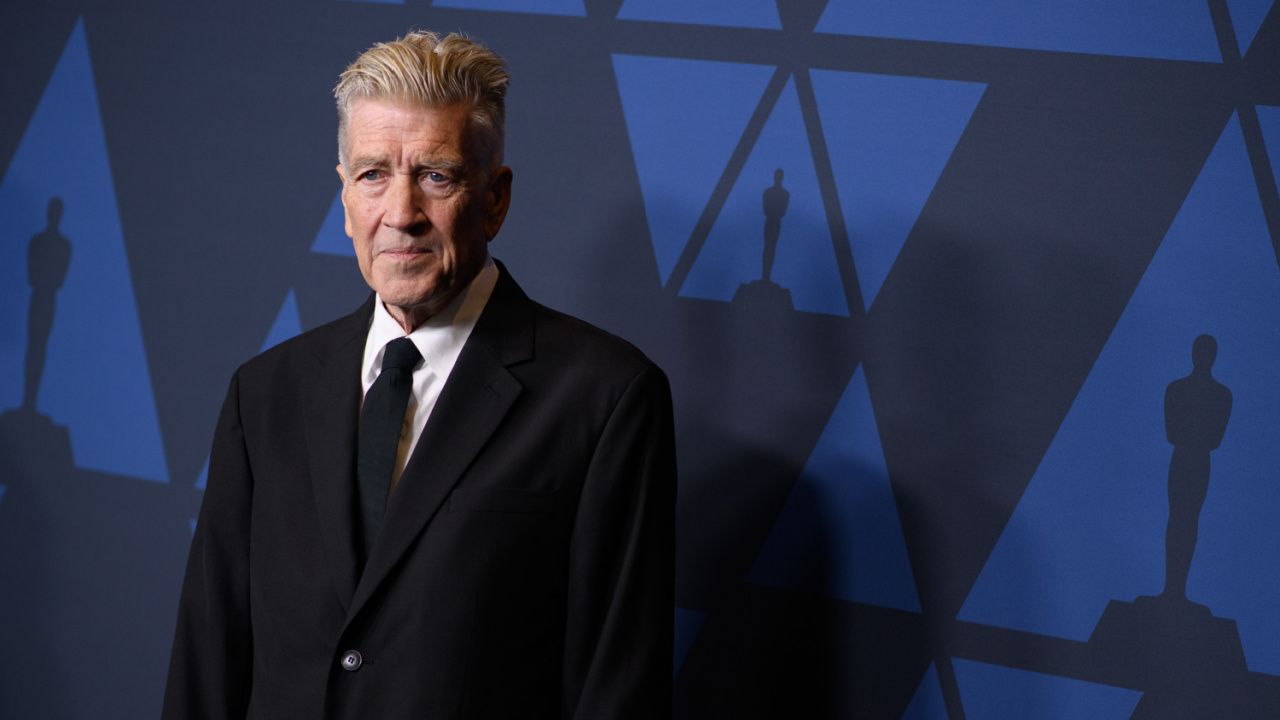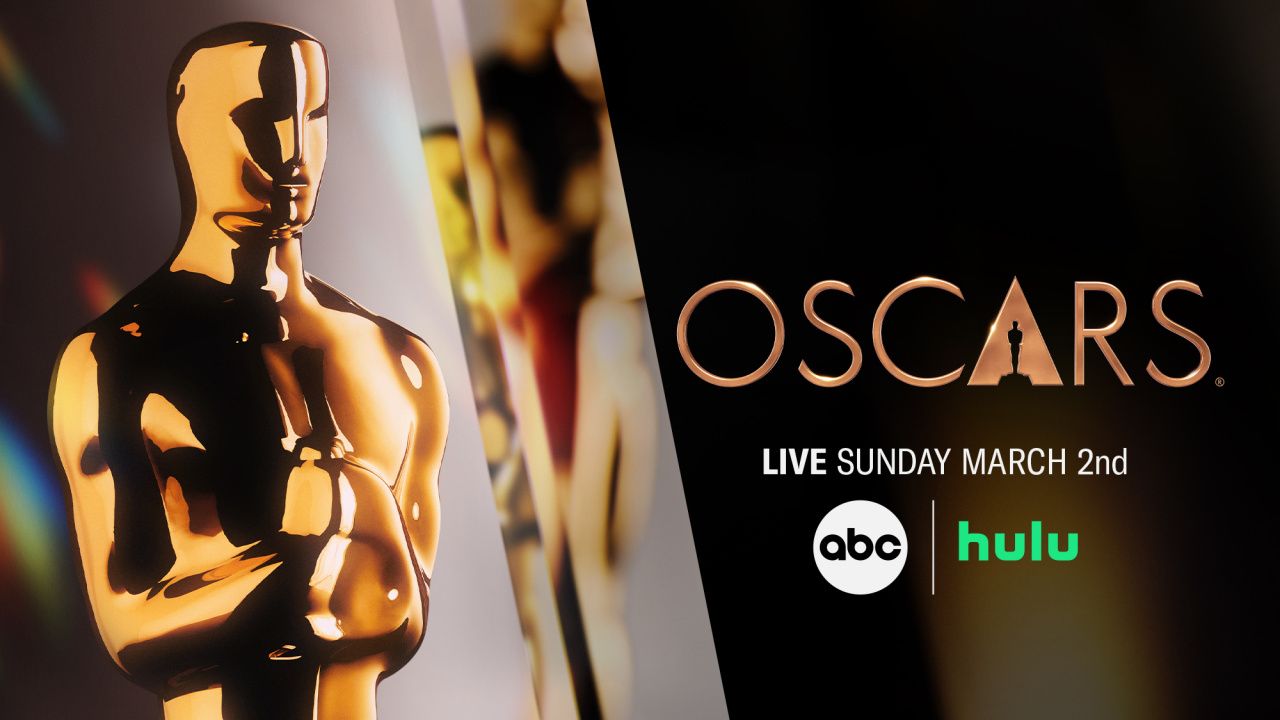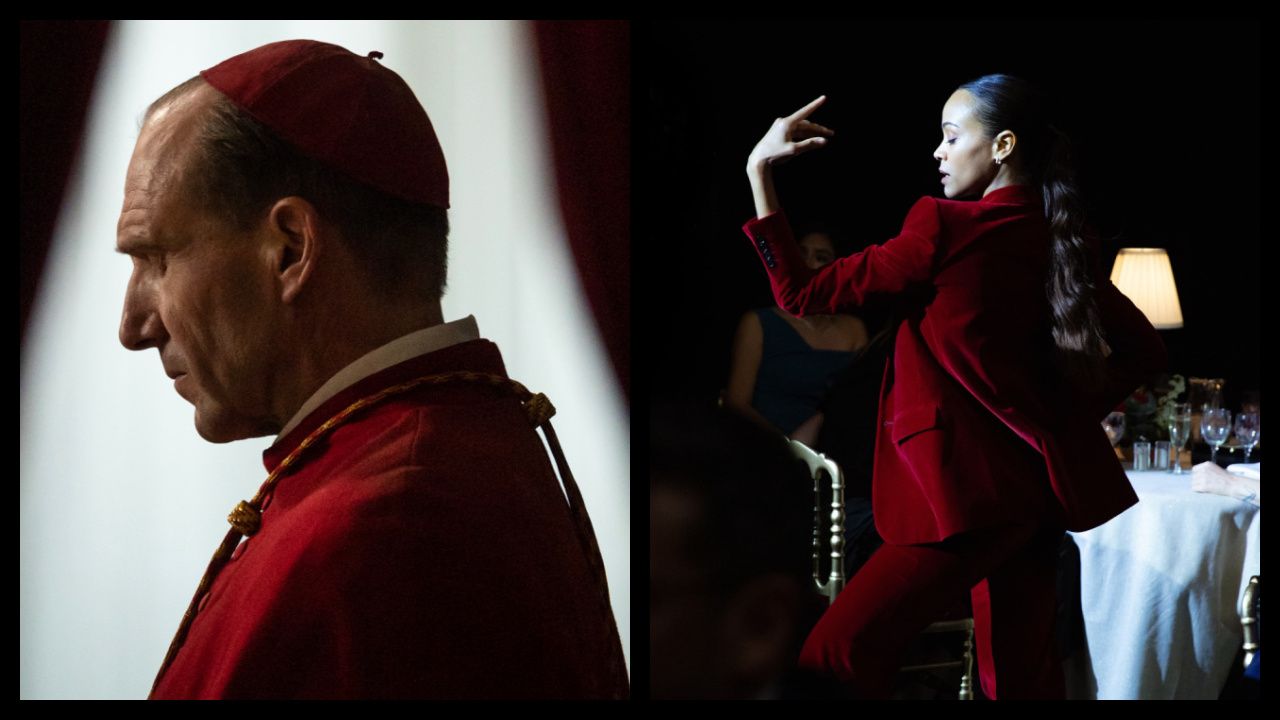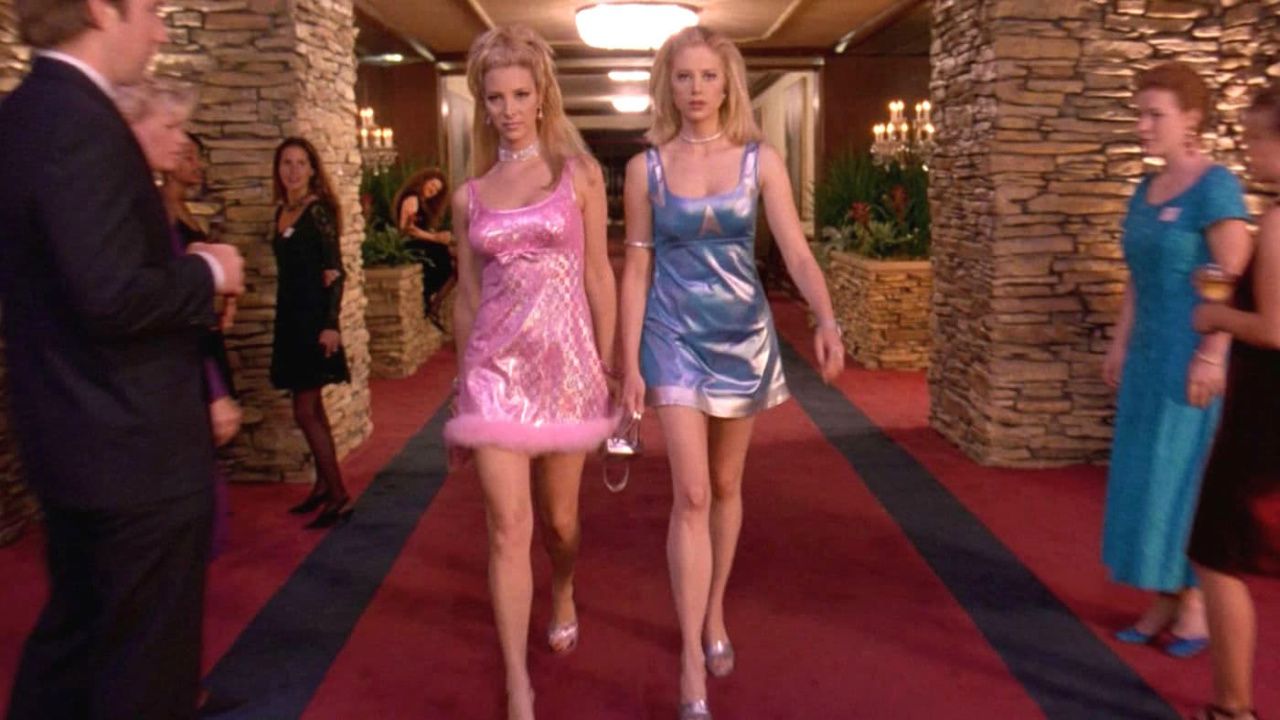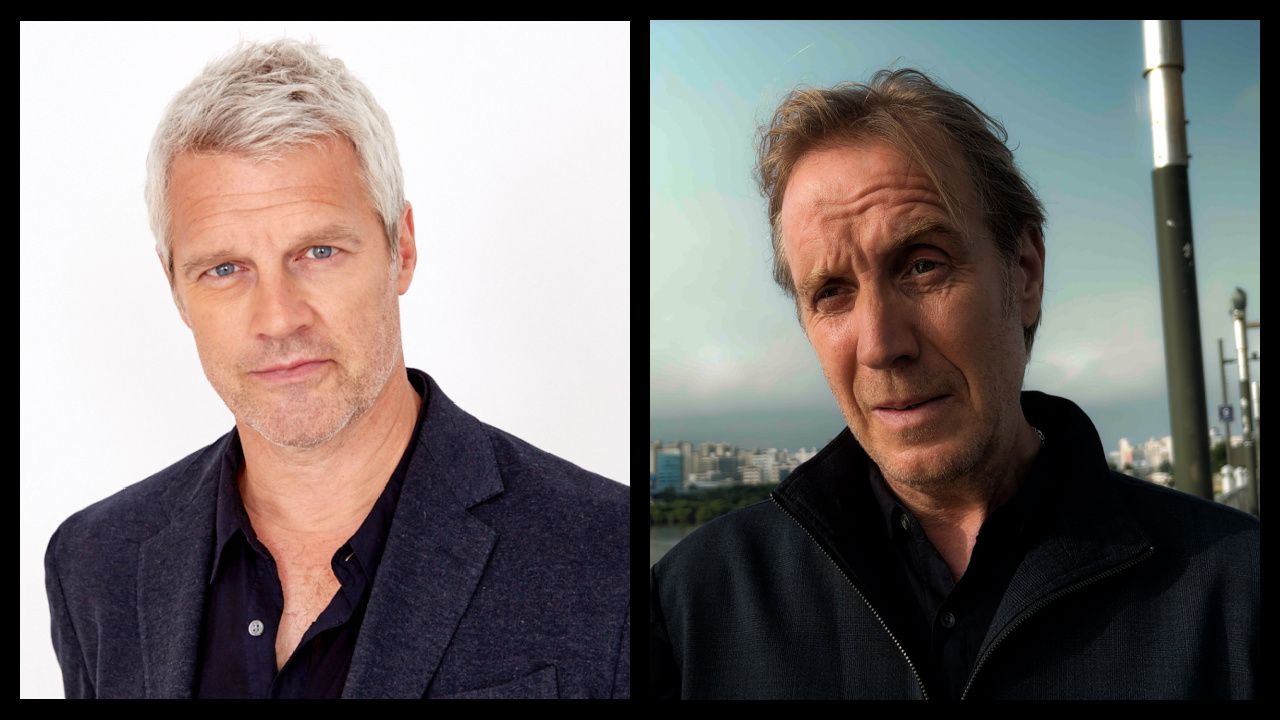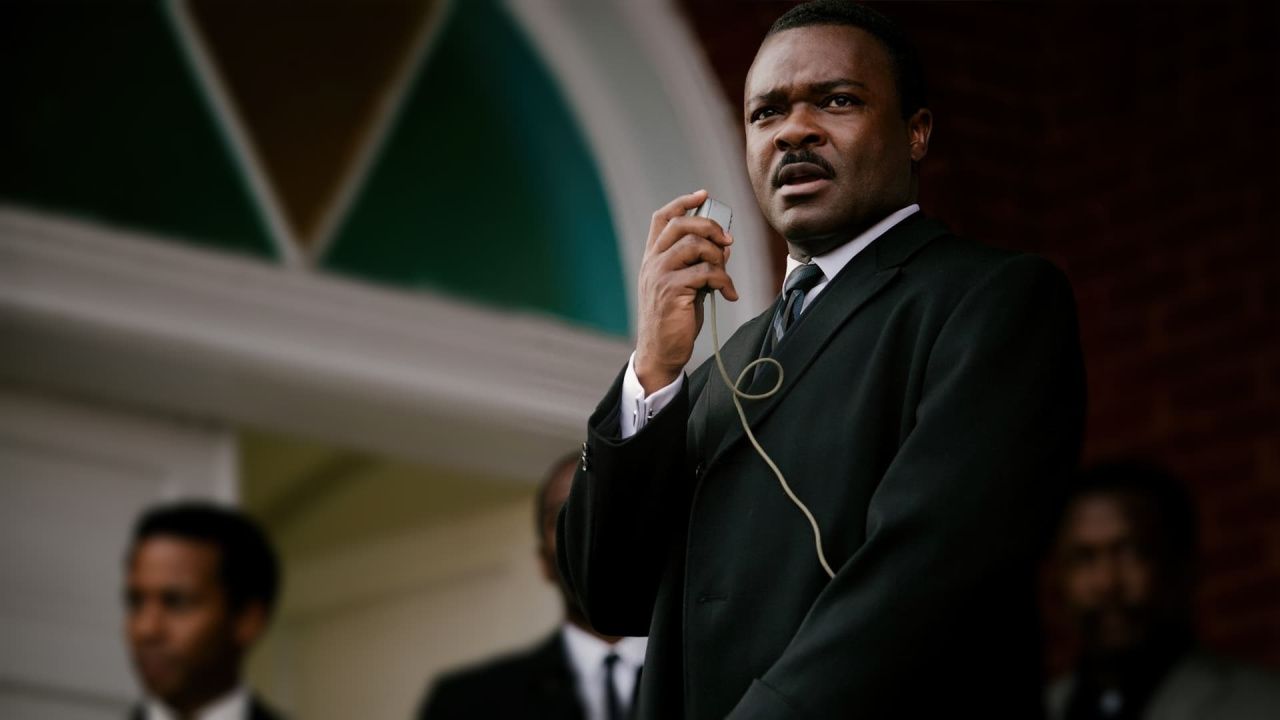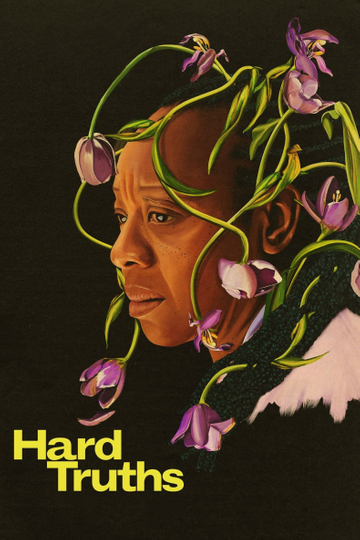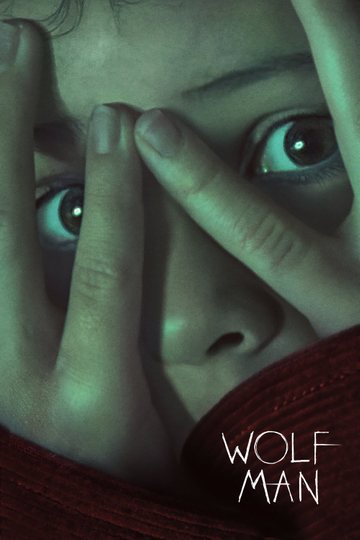14 Horror Movies That Were Total Game Changers
Yes, a lot of horror films are just out to give us a quick, cheap scare. But the movies we keep coming back to are the ones that redefined the genre and found new ways to terrify us. Here are some of the biggest game changers of all time.
'Psycho' (1960)
Hitchcock's thriller (inspired by a real-life monster), not only invented the slasher genre, it also changed moviegoing forever. Once upon a time, you could be seated any time in a movie that had already started(!). That all changed with "Psycho," thanks to its shocking, mid-movie twist.
'Night of the Living Dead' (1968)
George Romero's deeply disturbing indie singlehandedly created the modern zombie genre. Sure, there were zombie movies before this (See: Bela Lugosi), but they weren't dreaded flesh eaters. The low budget actually makes his movie more terrifying. Without a conventional soundtrack, it tricks us into thinking it's all too real.
'The Exorcist' (1973)
How many exorcism movies have been made since this groundbreaking, Oscar-nominated smash? Too many to count, clearly. None come close to this chilling original, which still spooks us to the core.
'The Texas Chainsaw Massacre' (1974)
Tobe Hooper's too-real gore-fest (based on one of the most horrifying serial killers of all time) remains an initiation by blood into the genre. We wouldn't have "torture porn" without it. Uh... thanks?
'Jaws' (1975)
Steven Spielberg redefined the summer blockbuster with this crowd-pleasing hit about a man-eating shark. It also swapped the old school city-by-city rollout for the current nationwide release that we know today.
'Halloween' (1978)
John Carpenter's masked villain, and eerie minimalist score, helped sell this landmark slasher film that's still -- 40 years later -- going strong as a franchise. It also gave us the Final Girl trope in heroine Laurie Strode (Jamie Lee Curtis).
'An American Werewolf in London' (1981)
Rick Baker's Oscar-winning practical effects are one reason this werewolf movie still holds up. (Unlike the shoddy, CGi sequel no one asked for.) That and that it nails "horror-comedy" like no other film. Would we have "Shaun of the Dead" without it? No, we would not.
'Poltergeist' (1982)
We're still worried that we might be living on an ancient burial ground, thanks to the film. Besides the life lesson that real estate developers are evil, we've learned not to trust trees, clown dolls, and our TVs from this classic. (Let us not speak of the remake.)
'The Thing' (1982)
To quote a 'Back to the Future' meme, nobody was ready for John Carpenter's gory, tense-as-hell nail biter about a group of men stranded with a shape-shifting alien. But decades later? We recognize it for the genre-changing masterpiece that it is.
'Nightmare on Elm Street' (1984)
Wes Craven gave us one of the all-time great boogeymen in Freddy Krueger. And the constant fear that if we fall asleep, we could die. Teen horror films owe you a debt, Wes. And you owe us years of sleep.
'Silence of the Lambs' (1991)
The first horror film to win Best Picture at the Oscars (it also won Best Actor, Best Actress and Best Director) remains one of the greatest films of the genre. Anthony Hopkins was perfection as Hannibal Lecter and we're right there with Clarice (Jodie Foster) for every heart-stopping moment. Stream on HBO Go.
'Scream' (1996)
Wes Craven and Kevin Williamson's homage to slasher films reinvented the genre. With its self-aware humor, this meta-masterpiece gave horror a welcome injection of '90s cynicism. "Scream Queens" and "American Horror Story" exist because of this movie, not to mention clever slasher send-ups like "Happy Death Day."
'The Blair Witch Project' (1999)
For better or worse (mostly worse), this Sundance sensation ushered in the age of found footage horror. It also proved that you don't need stars to sell a horror movie, just a great concept. And a killer internet campaign.
'Get Out' (2017)
For his must-see first film, Jordan Peele won a Best Original Screenplay Oscar. (He also received a Best Director nomination and star Daniel Kaluuya a Best Actor nomination). Disproving the notion that "black films" don't sell internationally, it also changed the conversation about race in a genre where the African-American character is usually the first to die.












